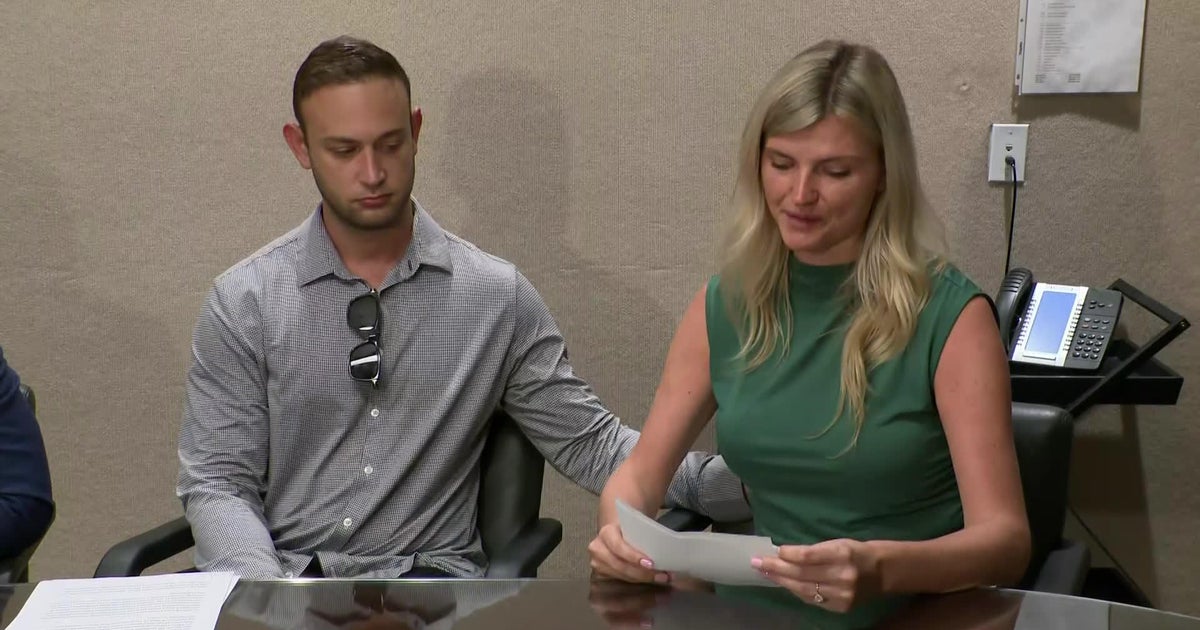OPINION | Institutional reform needed to guarantee ethical governance
As South Africans grappled with growing unease and despondency in the wake of damning remarks made by Lt-Gen Nhlanhla Mkhwanazi, the KwaZulu-Natal police commissioner, tensions between the judiciary and the public reached a worrying crescendo.
At a media briefing on Sunday July 6, Mkhwanazi levelled serious allegations suggesting impropriety on the part of a member of the judiciary — accusing them of overreach in a manner that implied bias or undue interference in operational policing matters.
The remarks, widely circulated and met with alarm by the legal and civil society stakeholders, prompted a swift and forceful response from the office of the chief justice.
In a strongly worded statement, the office decried Mkhwanazi’s allegations as unsubstantiated and deeply irresponsible. It characterised his comments as “extremely damaging to public confidence in the independence and integrity of our courts,” and warned that such public accusations — especially when “made without evidence” — undermine the rule of law and the foundational principle of judicial independence.
The unfolding controversy has reignited broader concerns about the erosion of public trust in democratic institutions, particularly in a context where tensions between various arms of the state threaten to blur the constitutional boundaries that safeguard accountability, fairness, institutional respect, and the rule of law.
Lest we forget, a recent study conducted by the Human Sciences Research Council revealed a deeply troubling state of public sentiment: trust in the police has plunged to historic lows, with just over one-fifth of citizens expressing confidence in the institution. This precipitous decline underscores a long-standing crisis of credibility rooted in pervasive corruption, abuse of power, and systemic dysfunction within the police service.
While misconduct within the police service is well-documented and deeply entrenched, it would be naive to assume that the judiciary and prosecutorial authorities stand wholly unblemished. The erosion of public confidence in the justice system has been compounded by the conduct — both active and negligent — of certain judicial officers and members of the National Prosecuting Authority, whose actions have raised serious questions about impartiality, accountability, and institutional integrity.
In this regard, the judicial system does not require Mkhwanazi to “damage public confidence in the independence and integrity of our courts”; some within its ranks have regrettably excelled at doing so themselves.
Is it not profoundly ironic that the office of the chief justice, in its sanctimonious rebuke of Mkhwanazi — a whistle-blower raising concerns about alleged police and judicial misconduct — chose to issue its condemnation at a time when the judiciary itself is facing multiple crises of credibility?
Only days ago, one of its members concluded testimony before a tribunal where he sought, quite astonishingly, to reframe what is widely regarded as sexual harassment as a form of “spiritual healing” — a defence that has justifiably provoked public outrage and further eroded confidence in the judiciary’s moral compass.
This disturbing episode follows closely on the heels of revelations in the case of the assassination of whistle-blower Sindiso Magaqa, where judicial officers are alleged to have turned a blind eye, as is almost always the case, when bail for the accused was secured using funds reportedly derived from the proceeds of crime — money metaphorically and materially “dripping with blood.” Such conduct, if substantiated, reflects a grave abdication of ethical responsibility and judicial duty.
Moreover, these incidents come only months after the head of the prosecuting authority, Adv Shamila Batohi, publicly admitted that her institution had been “infiltrated” by rogue prosecutors, further amplifying public disillusionment with the very bodies tasked with upholding justice and the rule of law.
Against this backdrop, the office of the chief justice’s defensive posture — rather than acknowledging the seriousness of the concerns raised and affirming a commitment to transparency and institutional integrity — risks appearing not only tone-deaf but complicit in a broader culture of impunity.
If public confidence in the justice system is to be restored, it cannot be achieved through indignation and rhetorical deflection, but through accountability, introspection, and meaningful reform.
Despite the chief justice office’s assertions to the contrary, Mkhwanazi did present verifiable information supporting his claims — information that now stands to be examined through the judicial commission of inquiry established by President Cyril Ramaphosa. The commission, tasked with probing the serious allegations arising from this controversy, may well serve as a critical test of institutional accountability and an opportunity to confront deeper systemic issues within the justice system.
Naturally, Mkhwanazi bears the responsibility to substantiate his assertions through the appropriate constitutional and statutory channels.
It is imperative that he lodges formal complaints with the relevant oversight bodies — such as the Judicial Service Commission or any other competent authority — mandated to investigate allegations of misconduct against judicial officers. This step is not only essential to preserve the integrity of his claims but also to ensure that due process is observed in matters of such gravity and public consequence.
In much the same way that he has reportedly laid criminal charges against the suspended police minister, Senzo Mchunu, it is incumbent upon him to act with consistency and to pursue all available legal avenues when addressing alleged impropriety, regardless of the institutional office or individual involved. Failure to do so risks creating the impression of selective accountability or political expediency, both of which undermine the very principles he purports to defend.
By subjecting his claims to the scrutiny of independent investigative mechanisms, Mkhwanazi can either vindicate his position or allow for a transparent resolution that strengthens institutional credibility across the board. In a constitutional democracy, allegations — however compelling — must ultimately be tested through lawful and procedurally sound processes, not solely in the court of public opinion.
In this fraught environment, restoring public trust in the administration of the criminal justice system will require more than navel gazing, reactive statements and inter-institutional defensiveness. It demands a demonstrable commitment to ethical leadership, transparent processes, and a shared resolve to rebuild public confidence through integrity, reform, and consequence management.
If anything, the events of the past week have laid bare the urgent and undeniable need for the establishment of an independent office of integrity, one that is institutionally autonomous, adequately resourced, and secure in its tenure of office. Such an office should be vested with broad investigatory powers to address misconduct, corruption, and whistle-blowing across all spheres of public life, including within the judiciary, law enforcement, executive, and prosecutorial authorities.
Alternatively, serious consideration should be given to expanding the mandate and powers of the office of the public protector, enabling it to proactively and comprehensively investigate all forms of public corruption and abuse of power — whether administrative, political, judicial, or otherwise. The current architecture of institutional accountability is fragmented, constrained, and increasingly ineffectual in responding to the systemic and sophisticated nature of corruption in SA.
In a constitutional democracy, accountability must not be selective, episodic, or politically convenient. What is required is a permanent, fearless, and independent mechanism capable of confronting corruption in all its manifestations, regardless of where it resides.
Without such institutional reforms, the promise of justice, transparency, and ethical governance will remain aspirational rather than real.
For what it’s worth, let’s make our democracy work!
You may also like...
Diddy's Legal Troubles & Racketeering Trial

Music mogul Sean 'Diddy' Combs was acquitted of sex trafficking and racketeering charges but convicted on transportation...
Thomas Partey Faces Rape & Sexual Assault Charges

Former Arsenal midfielder Thomas Partey has been formally charged with multiple counts of rape and sexual assault by UK ...
Nigeria Universities Changes Admission Policies

JAMB has clarified its admission policies, rectifying a student's status, reiterating the necessity of its Central Admis...
Ghana's Economic Reforms & Gold Sector Initiatives

Ghana is undertaking a comprehensive economic overhaul with President John Dramani Mahama's 24-Hour Economy and Accelera...
WAFCON 2024 African Women's Football Tournament

The 2024 Women's Africa Cup of Nations opened with thrilling matches, seeing Nigeria's Super Falcons secure a dominant 3...
Emergence & Dynamics of Nigeria's ADC Coalition

A new opposition coalition, led by the African Democratic Congress (ADC), is emerging to challenge President Bola Ahmed ...
Demise of Olubadan of Ibadanland
Oba Owolabi Olakulehin, the 43rd Olubadan of Ibadanland, has died at 90, concluding a life of distinguished service in t...
Death of Nigerian Goalkeeping Legend Peter Rufai

Nigerian football mourns the death of legendary Super Eagles goalkeeper Peter Rufai, who passed away at 61. Known as 'Do...



